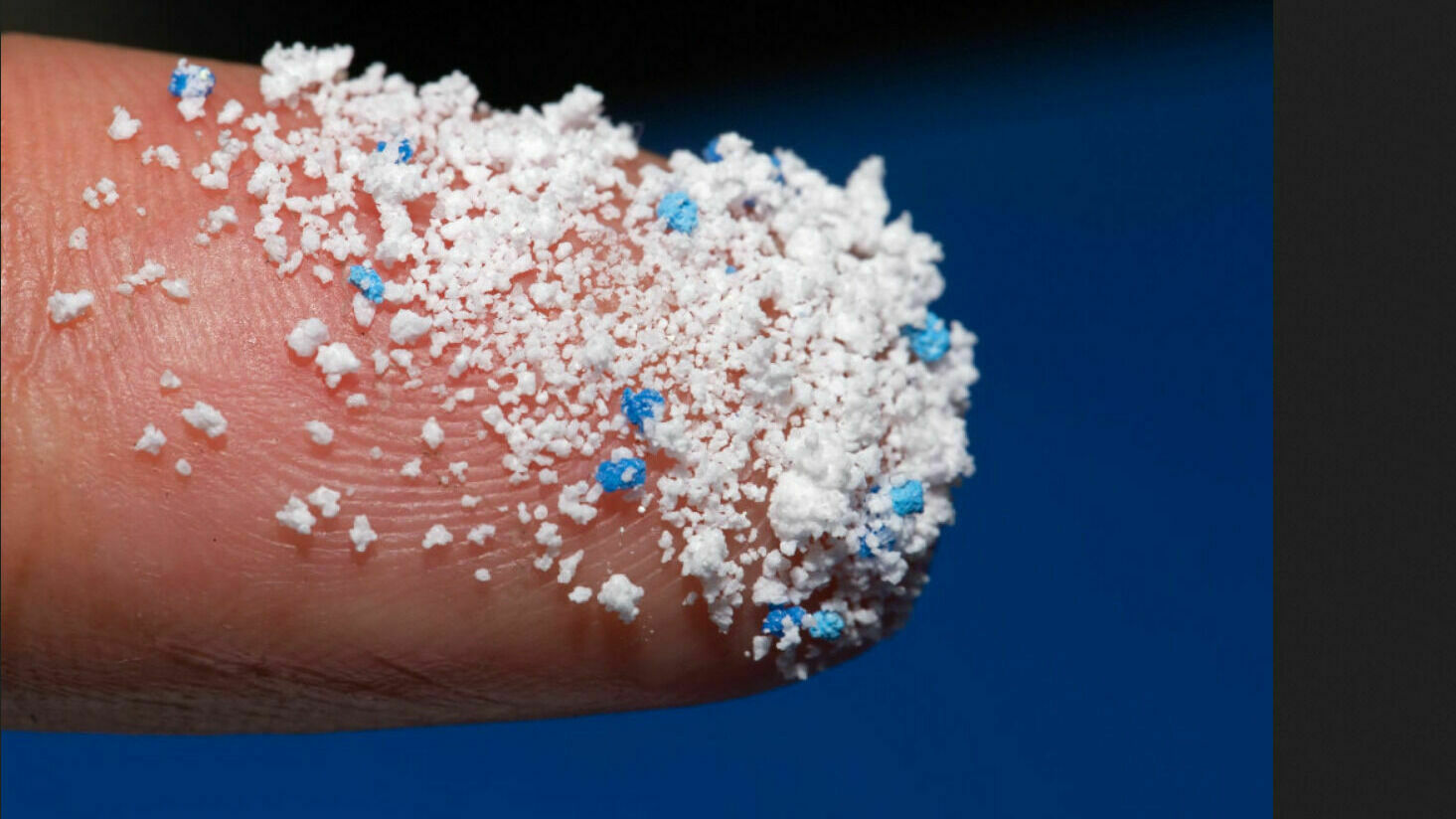Posted 6 марта 2023, 11:54
Published 6 марта 2023, 11:54
Modified 6 марта 2023, 12:35
Updated 6 марта 2023, 12:35

Pregnant women are advised to drink from glass bottles: plastic can get into the organs of the fetus
A study on rats presented at a conference of the American Association for the Advancement of Science (AAAS) shows that plastic swallowed by the mother can enter the organs of the fetus, the Financial Times reports. Microplastic is called fragments of plastic with a diameter of less than 5 mm.
Usually these are fragments of plastic objects, such as bottles, which are destroyed under the influence of sunlight. Sometimes they are so small that they cannot be seen with the naked eye. Previous studies have shown that microplastics can enter the human bloodstream and affect hormone production, disrupting natural biological processes. In addition, pieces of plastic were found in the placenta, so it is not surprising that they can reach the fetus.
In her AAAS talk, Luisa Campagnolo from the University of Rome Tor Vergata spoke about recent studies by Italian scientists who found tiny plastic particles from various sources in human placentas taken from six women with normal pregnancies. Another study revealed plastic particles not only in the placental tissue, but also in the meconium, the first feces of the baby. This means that they are able to penetrate through the placenta to the fetus. "A huge number of different types of plastic particles have been identified", - the researcher said. – The most common is PVC, but there were also other types of plastic, which is used in everyday goods".
In a rodent study published in the latest issue of the journal Nanomaterials, the first evidence was given that ingested plastic can be transmitted to the fetus. Moreover, microplastics were found in all organs of the fetus, which can affect its development.
The impact of plastic particles on human health has not been studied enough, and doctors warn against jumping to conclusions about potential dangers. However, if potential risks exist, then why not take simple steps to reduce them? "It may cause us some inconvenience, but we should not drink bottled water in plastic bottles. Companolo says. – It's okay if we sit on a plastic chair, but we should avoid anything disposable that comes into contact with food, for example, using plastic containers in a microwave oven. We have to go back to the glass."
According to scientists, each person consumes about 5 g of micro- and nanoplastics per week – they enter our stomach from food, drink and inhaled air. It's like eating a plastic credit card every week.
Last week, scientists from the Natural History Museum in London announced the discovery of a new disease in seabirds caused solely by the use of plastic – plasticosis. This is a fibrous disease caused by inflammation of the digestive tract due to microplastics. Constant inflammation damages the tissues, which are scarred and deformed. Such scars were found in petrels on the Australian island of Lord Howe. Birds that consumed more plastic had more scars. They were more vulnerable to infections and parasites, and their ability to digest food and absorb vitamins was weakened.